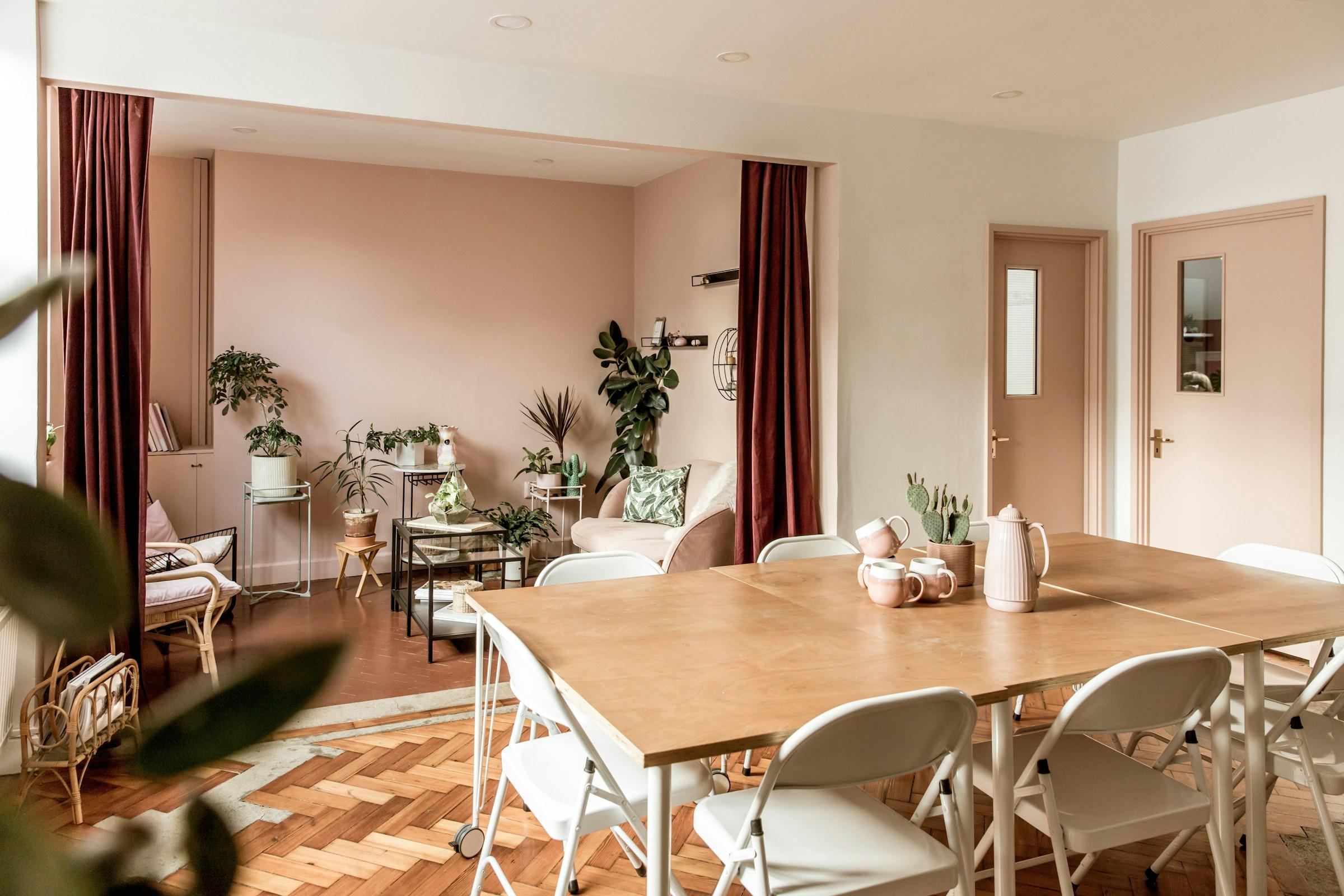When you decide to start renting out a unit in Singapore, you are not simply offsetting your mortgage or making casual side income. You are stepping into the role of a small business owner, with an asset to manage, risks to control and relationships to handle. That shift in mindset is what separates landlords who quietly collect stable returns from those who spend their time firefighting disputes, vacancies and unexpected costs. Too many first time landlords treat the process as an extension of homeownership, assume a standard tenancy template will do, and rely on the market to do most of the work. The reality is more demanding and, if handled thoughtfully, more rewarding.
The starting point is not price, but legality. In Singapore, your ability to rent depends on what you own and what you plan to do with it. Public housing and private property are governed by different rules, and those rules are not suggestions. HDB flats come with clear restrictions: a minimum occupation period before you can rent out the whole flat, constraints on the profile and number of tenants, and registration requirements that need to be respected. Renting out a room in an HDB flat is treated differently from leasing out the entire unit, and breaching these guidelines can lead to heavy penalties and, in extreme cases, the loss of the flat. For private condominiums and apartments, the focus is on minimum rental periods, the prohibition of hotel style short stays and compliance with the development’s by laws. Even if a tenant is happy to pay for a short term arrangement, you can find yourself in conflict with regulators or the management corporation if you ignore the rules. Ownership does not mean unlimited freedom in how you commercialise the unit. It means you must treat regulatory research as part of your due diligence, not as a box ticking exercise to revisit only when a neighbour complains.
Once you establish that you are allowed to rent out the unit on the terms you have in mind, the next decisive choice is who you rent it to. Vacancy is visible and stressful, which is why landlords often accept the first applicant who can pay the asking rent and move in quickly. However, a poorly chosen tenant can cost far more than a month or two of empty space. Chasing late payments, managing complaints from neighbours, dealing with property damage or navigating an early and contested termination can erode both your returns and your energy. Treat tenant selection as risk management, not as a race to close.
In practice, careful tenant screening in Singapore starts with income stability and immigration status. For foreign tenants, that means verifying work passes, understanding the nature and duration of their employment, and being clear on who is legally allowed to occupy the unit. For locals, basic documentation such as payslips, employment letters or evidence of regular income can signal whether the rent is sustainable for them. References from previous landlords, while sometimes overlooked, can highlight payment patterns, communication style and care for the property. Beyond the paperwork, there is also the question of fit. A quiet, family oriented development may not be the right setting for a group of young professionals who plan to host frequent gatherings. A unit with expensive fittings and delicate finishes may not be ideal for a household with several large pets. These judgment calls are not about discrimination, but about calibrating the level of operational risk you are comfortable holding over the lease period.
If the choice of tenant is your first line of defence, the tenancy agreement is the operating manual of your rental micro business. Many disputes are not born from obscure legal loopholes but from ambiguous, copied, or poorly adapted tenancy templates. When you are renting out a unit in Singapore, you want an agreement that clearly defines the basics: rental amount, due date, mode of payment, and what constitutes late payment. It should spell out the lease term, any option to renew and the notice period required on both sides. If a break clause or diplomatic clause is included, it needs to be phrased with concrete triggers rather than loosely worded conditions that invite argument.
Maintenance is another frequent friction point, and clarity here can prevent small issues from escalating. The agreement should explain who bears the cost for minor repairs below a certain threshold, who is responsible for routine servicing such as air conditioning maintenance, and how quickly essential issues must be addressed once reported. Without these details, every leaking tap or faulty electrical fitting becomes a new debate, often coloured by emotion and memory rather than by prior understanding. An inventory list, supported by photographs taken at the start of the tenancy, anchors expectations even further. Both parties should walk through the unit together, record existing defects and condition, and sign off on that baseline. At the end of the lease, disagreements about wear and tear versus damage are easier to resolve when you can return to documented evidence instead of relying on impressions.
Pricing decisions tend to dominate landlord conversations, yet the strategic question is not how high you can push rent in the current cycle, but what kind of rental profile you want to build. In any tight market there is a temptation to aim for record rates, to benchmark numbers with friends, and to treat a successful negotiation above market average as a badge of honour. That approach can work in the very short term, but it often undermines stability. A tenant who feels squeezed is more likely to leave at the first opportunity, to delay reporting maintenance issues, or to push back against reasonable requests because they perceive the arrangement as unfair.
A slightly lower rent, in contrast, may secure a reliable tenant who values the unit, stays longer, and treats the relationship as a partnership rather than a transaction. Seen over several years, a track record of high occupancy and minimal churn can produce a better overall yield than peaks in rent followed by frequent vacancies and refurbishments. The strategic landlord looks beyond this year’s rental income and thinks in terms of tenancy duration, renewal probability and the broader cycle of the Singapore market, where conditions can shift with global interest rates, policy adjustments and demand shocks.
Separate from rent, the arithmetic of being a landlord includes tax, insurance and cash flow management. Rental income in Singapore is taxable, and the Inland Revenue Authority allows deductions for certain expenses, but only if you keep adequate records. Landlords who treat the property like a casual side venture often lose track of repair costs, do not differentiate between personal and rental related expenses, and are surprised at tax time when they realise how much of their apparent yield is eroded. Treating the unit like a business unit helps. A simple system, such as maintaining a dedicated account for rental income and outgoings, allows you to see the true net position. Mortgage payments, property tax, maintenance, insurance and minor repairs can all flow through this account, and you can then provision separately for income tax so that it does not arrive as a shock.
Insurance is one area where many landlords are under protected. Standard home insurance may not fully cover tenant related damage or liability. Landlord specific policies can extend coverage to loss of rent due to insured events or legal liability if someone is injured in the property. The additional premium is often small compared to the cost of a serious incident or a prolonged dispute. Thinking in terms of downside protection rather than minimum compliance shifts you from hoping nothing goes wrong to being prepared if it does.
Real estate agents play a significant role in the rental ecosystem in Singapore, particularly for landlords who are overseas or who manage their properties alongside demanding careers. A good agent can advise on realistic pricing, manage listings and viewings, filter out unsuitable applicants and assist with documentation. However, their incentives are centred on closing deals, not on living with the long term consequences of those deals. Delegation is practical; abdication is risky.
To manage that tradeoff, you need to stay close to the decisions that shape the risk profile of your rental. Be explicit with your agent about the type of tenant you want, any red flags you will not accept and the clauses that must be present in every tenancy agreement they help negotiate. Insist on full information about each offer, not just the headline rent. Ask about employment terms, household composition and any special requests that might affect wear and tear or building relations. You do not need to micromanage every viewing, but you should treat the agent as a partner who executes within boundaries that you define.
Most landlord tenant relationships end peacefully, but the end of a lease is where expectations often collide. Tenants expect their deposit back, sometimes in full. Landlords expect the unit to be handed back in a condition that is close to its original state. What counts as normal wear and tear, who pays for repainting, and whether deep cleaning is required are all questions that should be answered by the agreement and by the initial inventory, not by hurried negotiation on moving day. Planning for exit at the very beginning reduces the emotional charge when that day comes.
For longer leases, some landlords agree with tenants on mid term inspections, scheduled with proper notice. These are not meant to intrude but to identify maintenance issues early, confirm that no unauthorised alterations have been made and signal that the property is being looked after. When done respectfully, they can strengthen trust. The landlord shows that they care about the condition of the unit and are willing to address problems, while the tenant sees that expectations are consistent and not only enforced at the end.
In the end, becoming a landlord in Singapore is a strategic choice, not a default status that comes automatically with property ownership. Renting out a unit in Singapore places you within a web of regulation, contractual obligations and human behaviour. The landlords who thrive are those who accept that reality, invest thought upfront and put systems in place that make the rental experience predictable for both sides. They understand the rules that govern their type of property, approach tenant selection as risk management, treat the tenancy agreement as an operating manual, price for sustainable occupancy, build clear cash flow and insurance structures, and maintain oversight even when agents are involved.
A unit is more than a mortgage line on your balance sheet. It is a small operating asset that can support your long term financial plans or drain your time and money, depending on how you manage it. If you approach landlording as a structured enterprise rather than a casual sideline, you tilt the odds firmly toward stability, strategic control and returns that are earned with far less stress.














